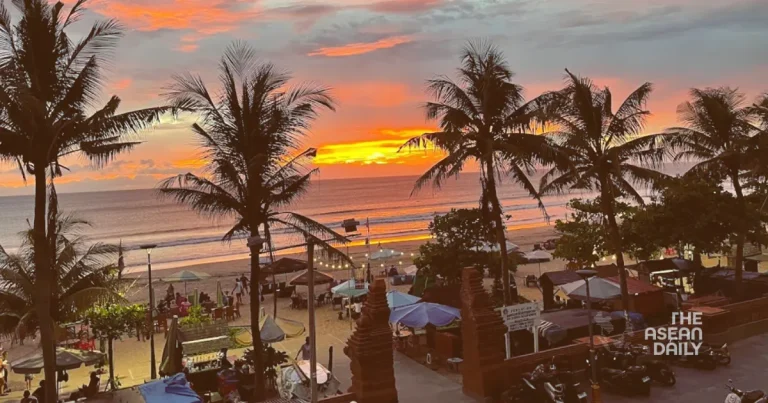9-9-2024 (JAKARTA) Indonesia has announced plans to implement a moratorium on the construction of hotels, villas, and nightclubs in select areas of Bali, the country’s crown jewel of tourism.
This decisive step comes as part of a broader initiative to reform and refine Bali’s tourism industry, aiming to strike a delicate balance between economic growth and the preservation of the island’s rich cultural heritage. Hermin Esti, a high-ranking official from the Coordinating Ministry of Maritime and Investment Affairs, confirmed the government’s commitment to this moratorium, though the precise timeline remains under discussion.
The proposal, initially put forward by Bali’s interim governor Sang Made Mahendra Jaya, targets four of the island’s most congested areas. It seeks to curb the rampant commercial development that has led to a saturation of hospitality establishments and entertainment venues.
While the exact duration of the moratorium is yet to be finalised, senior minister Luhut Pandjaitan has hinted at a potential ten-year freeze on new developments. This extended period reflects the gravity of the situation and the government’s determination to effect meaningful change.
The need for such drastic measures has become increasingly apparent in recent years. Government statistics reveal a staggering influx of foreign arrivals, with 2.9 million visitors landing at Bali’s airport in just the first half of this year – accounting for 65% of Indonesia’s total foreign air arrivals. This surge in tourism has been accompanied by a notable increase in hotel developments, with the number of establishments rising from 507 in 2019 to 541 in 2022.
However, the rapid growth has not been without its challenges. Luhut Pandjaitan has previously highlighted issues stemming from the estimated 200,000 foreigners now residing in Bali, including increased crime rates, over-development, and heightened competition for local jobs. Moreover, the island has grappled with a spate of incidents involving misbehaving tourists, which have sparked outrage among residents and across Indonesian social media platforms.




